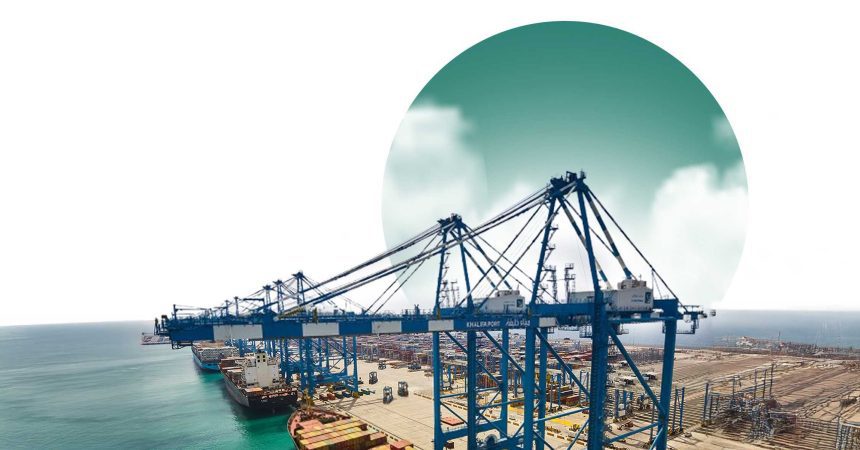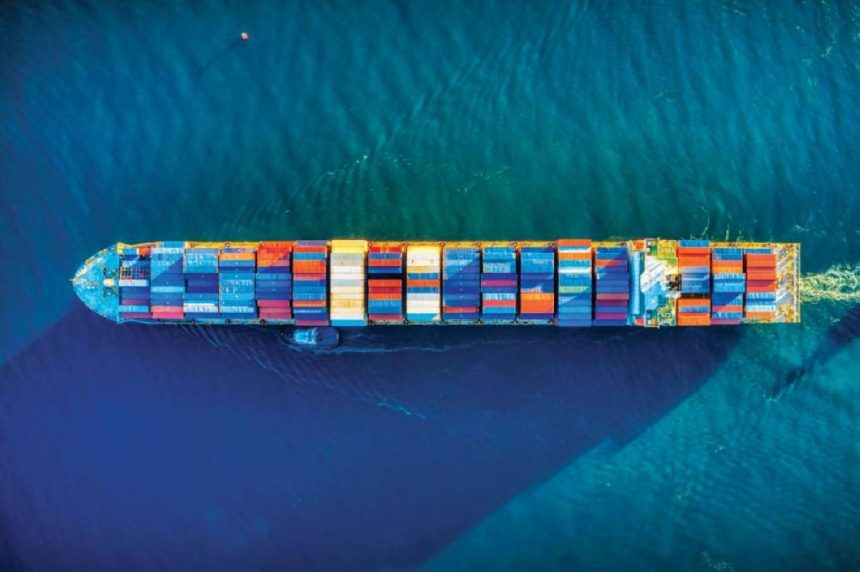Crises that Didn’t Happen or Were Less Severe This Year
This year has seen the usual flood of articles warning of the impending collapse of global trade.
Fewer articles were following up to explain how systems adjusted, markets responded, problems managed, or simply disappeared.
Despite the repetition of this narrative, confronting the pessimistic view of globalization remains a pressing necessity.
Let’s review the crises that didn’t happen or were less severe this year:
Global Olive Oil Trade
It began with a significant rise in global olive oil prices.
Olive oil prices doubled between mid-2022 and mid-2023 due to a drought that hit Europe.
Spain, the largest producer and consumer of olive oil, often referred to as “liquid gold,” faced significant pressure.
How was the crisis handled ?
Spanish imports of Tunisian olive oil increased, while consumers changed their habits, using less expensive options like blended oils or sunflower oil.
The “Facua” consumer rights group led a campaign to monitor prices and pressure retailers.
They called the supermarket chain “Mercadona” to repeatedly lower prices since July.
As a result, the price of a standard liter has fallen from 8 euros to less than 6 euros.
The government also supported these efforts by reducing the value-added tax on olive oil.

Gradual Recovery
Although food costs have risen, pushing consumer inflation in Spain higher than in some other European countries.
Spain, as a wealthy country, did not experience widespread extreme poverty due to high oil prices.
Spanish olive oil production is gradually recovering from the effects of the drought.
It is also expected to increase by a third in the 2024-2025 harvest season, looks like the Spanish cuisine has weathered the storm successfully.
Climate Change and Global Food Crisis
Climate change poses a serious global threat on crop production.
Despite the failure to effectively address this crisis, open markets and scientific advancements have helped mitigate its effects.
While fears of a global food crisis arising from the 2022 war between Russia and Ukraine have subsided.
Due to improved agricultural production, increased crop efficiency, and remarkable agricultural innovations.

Global Shipping Costs Impact on Trade
Shipping costs declined at the beginning of the year, but they unexpectedly surged again during the summer.
This raised concerns about the long-term impact on global shipping.
However, industry experts believe this increase was a temporary phenomenon resulting from companies replenishing their inventories.
Currently, prices are gradually declining, while the volume of containers shipped worldwide continues to grow.
A New Link Added to the Global Value Chain
Similarly, the shipping industry was bracing for the potential consequences if President-elect Donald Trump imposed high tariffs on imports from China.
This could have significantly reduced trade between the two countries.
However, experience from his first term showed that these imports are often replaced by goods from Southeast Asia.
Such as Vietnam, adding a new link to the global value chain.
Adjusting shipping routes to increase voyages from Vietnam would merely involve redistributing existing ships, not a radical shift in global trade patterns.
New container ships, ordered by companies in recent years from Chinese shipyards, are also entering service.

China Ban on Some Important Exports
China has added a new chapter to the ongoing story of critical minerals.
By announcing a ban on exports of antimony, germanium, and gallium to the United States.
This move, following previous restrictions imposed last year, aims to weaken strategic competitors by depriving them of essential raw materials.
Looking at customs data reveals that the threat posed by China’s ban on germanium and gallium exports is less significant than it seems.
The United States has already stopped importing these metals from China this year, yet the US semiconductor industry has not ceased operations.
Germanium and Gallium New Sources of Production
China continues to export these metals to other countries, including Germany and Japan.
This suggests that gallium is reaching the United States through indirect channels.
Moreover, germanium and gallium are not exclusive to China.
As they are extracted from zinc and aluminum ores.
If prices rise, new sources of production will emerge.
The mining company Rio Tinto has already announced its intention to establish a gallium production line in Canada.
The Technology Innovation Institute of the Emirates has launched Falcon 3, the latest version in its series of open-source large language models, enabling broader access to advanced AI technologies by running the model efficiently on lightweight devices. pic.twitter.com/1Og1CVFBhs
— UAE Voice (@uae_voiceeng) December 20, 2024
Will the Global Trade Be Affected by the Arrival of Trump in the White House ?
Undoubtedly, the coming year will witness more warnings about globalization, some of which have a strong foundation.
However, the arrival of Trump in the White House significantly increases the real risks of government intervention in the global trade system.
Despite this, economic forces tend to balance out.
High prices stimulate production, trade barriers drive innovation, consumers in wealthy countries have the ability to adapt to shocks, and flexible economies can adjust.
Overall, the game is far from over.
Source: https://www.ft.com/





